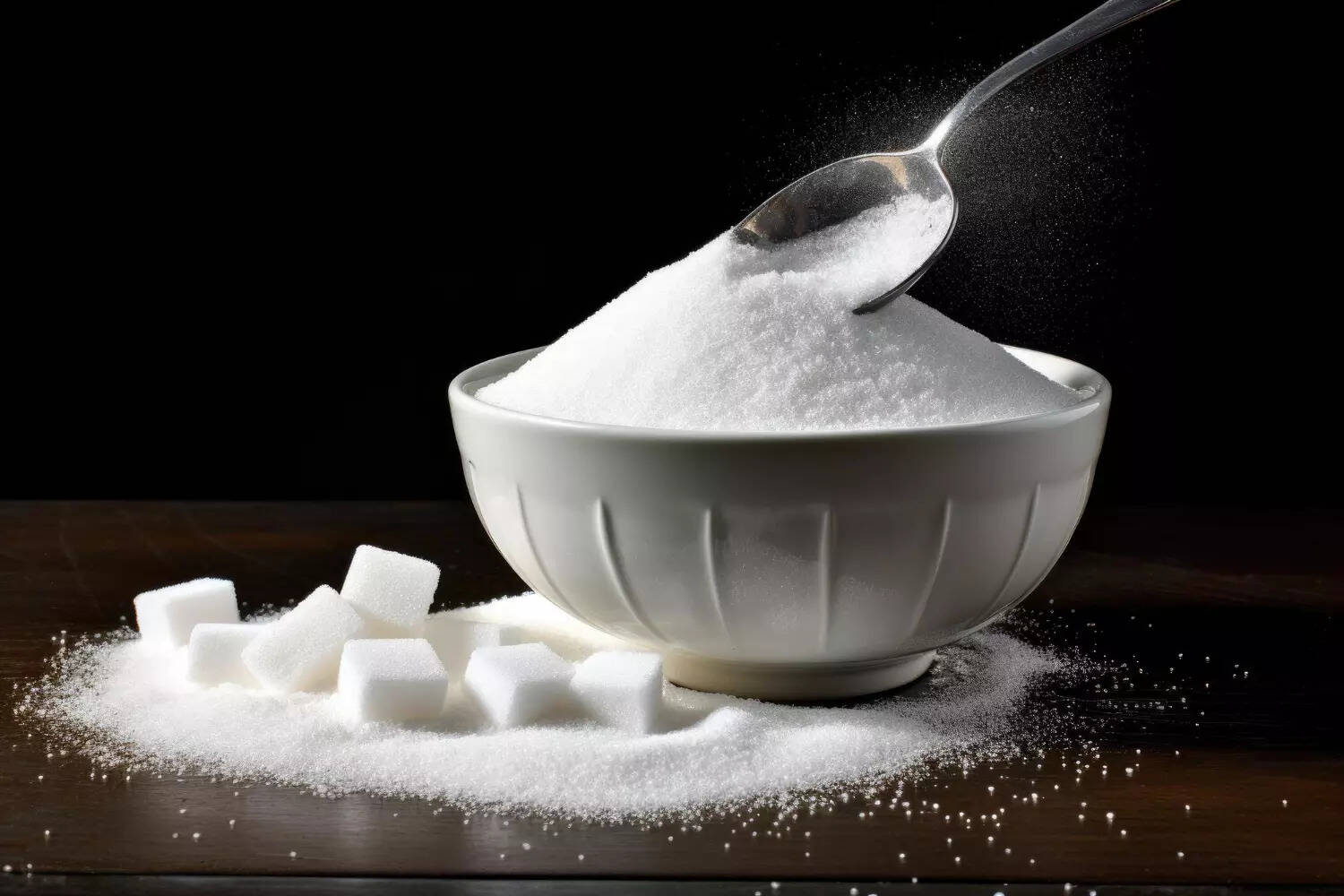Health Care Guide: The Truth About Sugar Substitutes - Are They Safe?
In a world where cutting sugar is the new health mantra, sugar substitutes have become the go-to for many. From your morning coffee to 'diet' sodas, they promise sweetness without calories. But are they truly safe, or just a clever illusion? Let’s break it down.
Natural or artificial, no substitute can replace the benefits of a wholesome, low-sugar diet. Choose smartly, stay mindful, and remember, the sweetest health comes from moderation.

1. What Are Sugar Substitutes?
Sugar substitutes are low or zero-calorie sweeteners used to mimic the taste of sugar. They come in two main types, artificial sweeteners like aspartame and sucralose, and natural alternatives such as stevia and monk fruit extract.2. Why People Turn to Them
For those managing diabetes, obesity, or calorie intake, sugar substitutes seem like a healthier option. They don’t spike blood sugar levels and can help reduce overall calorie consumption, at least in theory.3. The Science Behind Artificial Sweeteners
Artificial sweeteners like aspartame, saccharin, and sucralose have been widely studied. Most regulatory bodies, including the FDA and WHO, consider them safe within daily limits. However, overconsumption may cause digestive issues or alter gut bacteria.4. Natural Alternatives Gaining Ground
Options like stevia, erythritol, and monk fruit are derived from plants and are becoming popular among health-conscious consumers. They’re generally safer but can still cause bloating or discomfort when consumed in excess.5. The Gut Health Connection
Recent studies suggest some sugar substitutes may impact gut microbiota, potentially influencing metabolism and appetite regulation. This means they could affect your body’s natural hunger cues over time.6. Do They Help With Weight Loss?
The evidence is mixed. While substitutes reduce calorie intake, they may increase cravings for sweet foods, making you eat more later. True weight control still depends on balanced eating and portion awareness.7. Safety Guidelines
Moderation is key. Always check the Acceptable Daily Intake (ADI) levels on food labels and avoid mixing multiple sweeteners in your diet. Pregnant women and children should consult a doctor before regular use.8. Sugar Alcohols: The Middle Ground
Sweeteners like xylitol and sorbitol provide fewer calories than sugar and don’t spike glucose levels, but they can cause bloating or diarrhea if overused.Natural or artificial, no substitute can replace the benefits of a wholesome, low-sugar diet. Choose smartly, stay mindful, and remember, the sweetest health comes from moderation.
Next Story